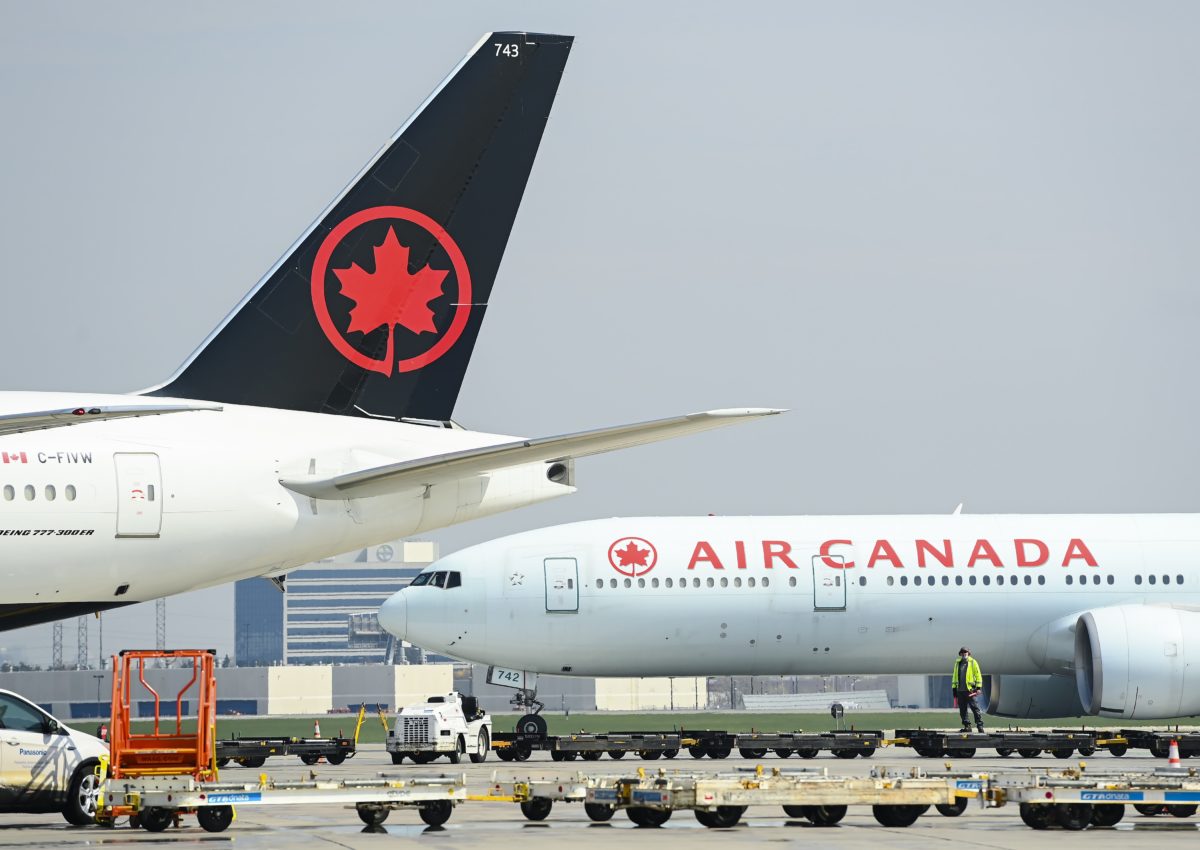Air Canada Stock Forecast & Analysis
Air Canada, Canadian main airline has had its analysts coverage updated today. According to the predictions of 15 analysts, the average analyst target price for Air Canada over the next 12 months is CAD 27.57. This target price reflects the price level that analysts anticipate the stock to reach in the future, considering various factors such as the company’s performance, industry trends, and market conditions.
The average analyst rating for Air Canada is “Buy,” indicating that analysts generally recommend purchasing the stock. This positive rating suggests that analysts have a favorable outlook on the company’s prospects and believe it has the potential for growth. However, individual investors should conduct their own research and analysis before making investment decisions, considering their own financial goals and risk tolerance.
Stock Target Advisor, an independent stock analysis platform, has conducted its own evaluation of Air Canada. Their analysis indicates a slightly bearish sentiment towards the stock, based on 4 positive signals and 6 negative signals. These signals could encompass a variety of factors, including technical indicators, market trends, news related to the company or industry, and financial performance indicators.
At the last closing, the stock price of Air Canada stood at CAD 24.70. This represents the price at which the stock traded at the end of the most recent trading day. Over the past week, the stock has shown a slight decline of -0.64%, indicating a minor downward trend. However, over the past month, the stock has experienced a notable increase of +11.66%, suggesting positive momentum. Looking at the longer term, over the last year, the stock price of Air Canada has exhibited significant growth of +49.97%.
Latest Analyst Ratings:
Air Canada Fundamental Analysis
Fundamental analysis of Air Canada’s stock reveals several positive and negative aspects:
What to like:
- Underpriced on cashflow basis: Air Canada’s stock is trading at a low price compared to its peers based on the price-to-cash-flow ratio. This suggests that the stock may be undervalued, but it is important to examine the company’s financial performance to ensure there are no specific reasons for the low valuation.
- Positive cash flow: Air Canada has demonstrated positive total cash flow in the most recent four quarters. This indicates that the company is generating sufficient cash from its operations.
- Positive free cash flow: The company has also exhibited positive total free cash flow in the most recent four quarters. Positive free cash flow implies that Air Canada has generated more cash than it has used in its operations, providing flexibility for growth initiatives or returning capital to shareholders.
- High market capitalization: Air Canada is one of the largest entities in its sector, placing it in the top quartile. Generally, larger companies tend to be more stable, which can be advantageous for investors.
What not to like:
- Poor return on assets: Air Canada’s management has delivered a return on assets below the median compared to its peers in the most recent four quarters. This indicates that the company’s assets are not generating returns as efficiently as its industry counterparts.
- Overpriced compared to book value: The stock is trading at a high valuation compared to its peers’ median on a price-to-book value basis. This suggests that investors are paying a premium relative to the company’s book value, which may raise concerns about overvaluation.
- Overpriced compared to earnings: Air Canada’s stock is trading at a high valuation compared to its peers based on the price-to-earnings ratio, surpassing the sector median. This indicates that investors are paying a premium for each dollar of earnings, potentially indicating overvaluation.
- Below median dividend returns: The company’s average income yield over the past five years has been lower than its peers. However, if you are not primarily seeking income from your investments, this may not be a significant concern.
- High volatility: Air Canada’s total returns have been volatile over the past five years and have exceeded the median for its sector. This means that the stock’s price has experienced significant fluctuations, requiring investors to have a high risk tolerance to handle the potential volatility.
- Poor risk-adjusted returns: Although the company may have outperformed on raw returns, it is delivering below median risk-adjusted returns compared to its peers. This indicates that the returns achieved by Air Canada may not be commensurate with the level of risk taken. Investors should exercise caution when considering this stock.
In conclusion, while Air Canada exhibits some positive aspects such as being underpriced on a cash flow basis and demonstrating positive cash flow and free cash flow, there are also concerns regarding poor return on assets, high valuation ratios, below-median dividend returns, high volatility, and poor risk-adjusted returns.
































